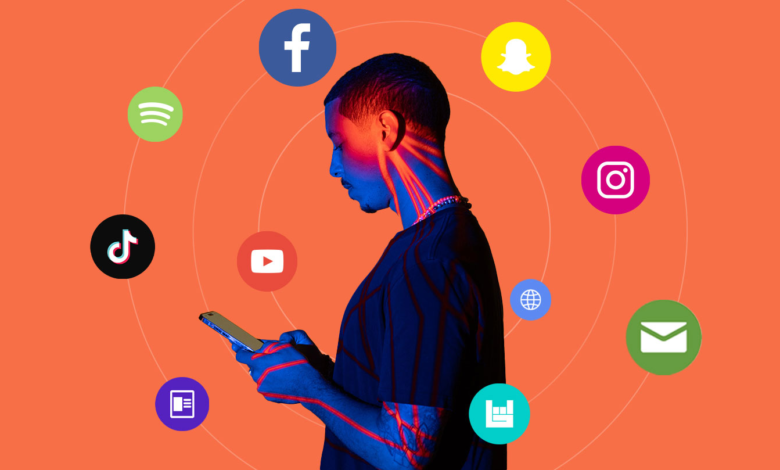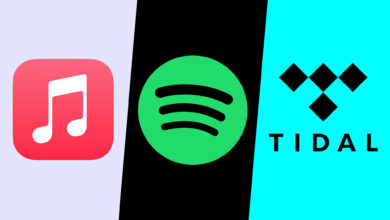The Latest Music Marketing Trends and Strategies For 2024

The field of music marketing is changing quickly in 2024, using cutting-edge techniques to bring musicians and fans together.
The market is booming with cutting-edge trends, ranging from tailored suggestions driven by AI to immersive virtual experiences.
This article examines the most recent developments and tactics in music marketing, emphasizing the dynamic influence of technology on advertising campaigns.
Learn how record labels and artists are using these developments to interact with fans, produce special moments, and eventually increase their visibility in the rapidly evolving digital landscape.
Top 6 Music Marketing Trends
Here are the top six trends and strategies you can use for music marketing.
- AI-driven hyper-personalization
2024 will see a significant increase in the use of AI in big data analytics, advertising, and algorithms to enable hyper-personalization. This development in data accuracy allows marketers to more accurately target people with recommendations for music, merchandise, and events.
The rapid evolution of social media and big data algorithms fuels personalized content recommendations, significantly enhancing conversion rates and aiding artists in audience growth. Undoubtedly, this trend renders traditional mass marketing approaches increasingly outdated.
- Using growth services
A prevailing trend in contemporary music marketing involves leveraging growth services to procure plays, followers, likes, and subscribers.
This approach amplifies an artist’s visibility and credibility in a crowded digital sphere. Particularly on platforms like Spotify, purchasing targeted followers emerges as a strategic move to propel one’s career forward.
However, make sure you choose genuine services to grow your career. Authentic services prioritize organic growth, fostering real connections crucial for sustained success and audience engagement.
- Short-form video content
Attention spans have significantly decreased during the last 20 years, falling from 12 seconds to just 8.25 seconds. With DSPs delving deeper into short-form video content, videos will become even more popular by 2024.
For music marketers and musicians, this trend underscores the enduring significance of short-form content. Preparing a reservoir of easily publishable content remains crucial, given its sustained relevance and widespread adoption.
- Subscriber-only content
The music industry is witnessing a rise in exclusive and subscriber-only content spurred by two-tier licensing and evolving streaming payment structures. This trend places emphasis on monetizable content for artists and their teams.
Particularly appealing to mid-tier artists seeking additional revenue streams, subscription-only offerings gain traction. While DSPs may venture into subscription-based hosting, whether artists opt for these platforms or prefer specialized third-party providers remains uncertain.
- Normalization of AI
In the spotlight as Collins Dictionary’s “word of the year,” “AI” remains ubiquitous across various industries, including the music sector. In 2024, the normalization of AI and its tools is expected to advance, potentially accompanied by enhanced regulations on AI and copyright.
This trend heralds a wider array of AI tools for musicians, promising streamlined administrative processes. Such accessibility could empower even emerging artists to allocate more attention to the creative facets of their craft.
- Focus on super fans and community
Within the expanding passion economy, the significance of superfans escalates for artists. In light of content saturation, fostering a community and nurturing relationships with these devoted supporters takes precedence over other marketing tactics.
Rather than viewing their fan base as a collective, artists and their teams should focus on discerning and engaging with superfans—those willing to steadfastly support the artist—elevating the importance of these dedicated followers.
Conclusion
In the dynamic realm of music marketing, embracing innovative trends is key. From AI-driven personalization to immersive experiences, the landscape continues to evolve. Yet, amid these advancements, authenticity remains paramount.
Building genuine connections with audiences outweighs quick-fix strategies. By harmonizing technology with authenticity, artists and labels can navigate the ever-evolving terrain, leaving a lasting impact on their audience in 2024 and beyond.



